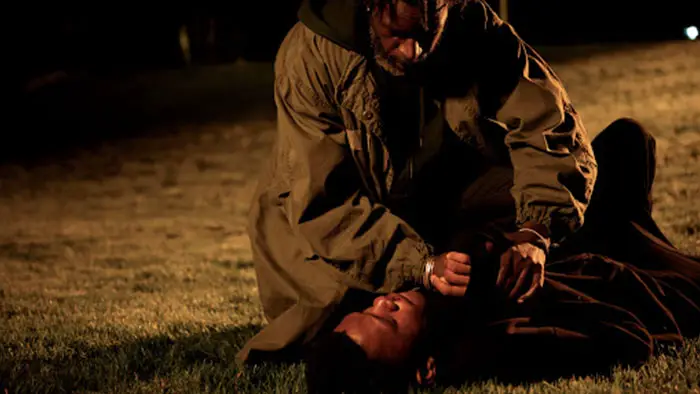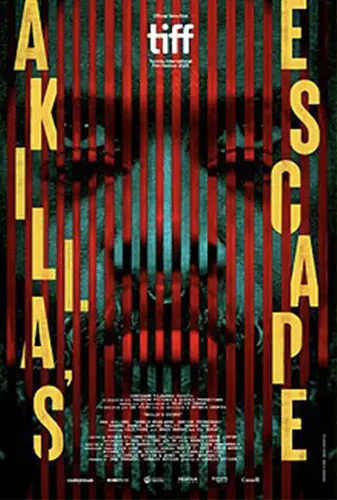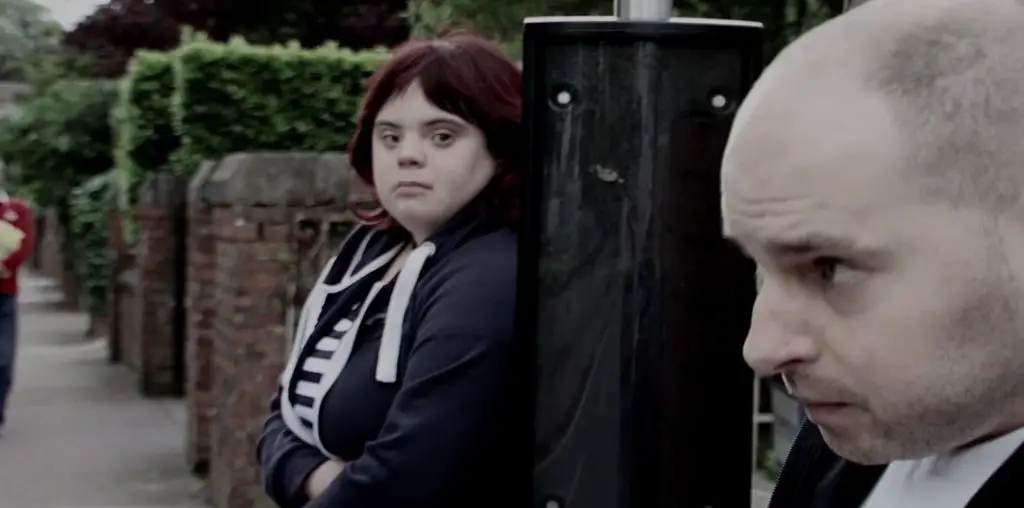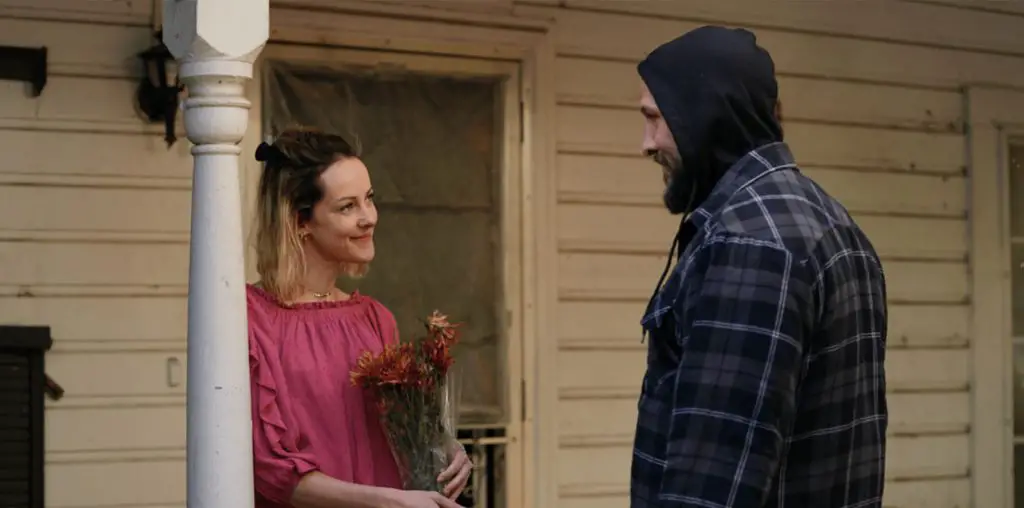
In Akilla’s Escape, a drug robbery gone wrong results in Akilla (Saul Williams) capturing one of the would-be thieves… a young boy, Sheppard (Thamela Mpumlwana). As Akilla tries to piece together which outfit is behind the raid, he relives his experience of being press-ganged into the criminal underworld as a child. We follow parallel timelines of the boy’s and Akilla’s journey as a child, as Akilla tries to help them escape this life.
A driving, well-scored montage showing headlines from Jamaica’s history and the roots of the gang Akilla got swept into kicks off the affair with style. This is the origin of a gang run by Clinton, Akilla’s father, before transitioning to New York. Though his father is ultimately killed, young Akila (also played by Thamela Mpumlwana) is pulled into his father’s enterprise while protecting his mother. Meanwhile, in present-day Toronto, Akilla is using Sheppard to track down the man who hacked up some of his colleagues with a machete, and in the process, understand how this child got caught in this situation.
Any notions that Akilla’s Escape will be an all-style, no substance affair are put to rest by the deep character explorations and the seriousness of the parallel children’s predicament. Still, director Charles Officer shows that he can use camera angles, lighting, and color to give us a beautiful and illuminating view into an ugly enterprise. Some of the nighttime driving shots are reminiscent of Michael Mann — tight on the character, lost in a starry, out-of-focus world. The filmmaker never goes full Tarantino or Guy Ritchie, and for good reason. This isn’t a romp with fun capers and wisecracks, as the stakes are children’s souls and a generational cycle of violence.

“…Akilla is using Sheppard to track down the man who hacked up some of his colleagues with a machete…”
Middle-aged Akilla is played with a philosophic world-weariness by musician and poet Saul Williams. His magnetic performance pulls us into his inner world, which is further dramatized in flashbacks. This is done so deftly that it doesn’t seem manipulative. Partly this is because the director lets whole sections of each timeline play out as they need to — we don’t get a reductive flashback just in time to justify a character’s decision in the present. There’s also a certain matter-of-factness to the scenes set in the past. They are traumatic enough when played straight. We don’t need overwrought music or any other type of flair to drive the point home.
The director turns a few other genre tropes on their head as well. The crime boss, “The Greek,” isn’t what you expect, multi-shooter standoffs aren’t milked for tension, and there isn’t really a McGuffin that everyone is after. Every distraction is stripped away in favor of digging through the main character’s layers, a luxury we often don’t get in crime stories. The result feels both familiar and fresh, balancing character, plot, and style well.
Charles Officer came up with the story for Akilla’s Escape, which he co-wrote with Wendy Motion Brathwaite. You’d never know this was only his second feature, no doubt because of his deep experience in TV and documentary filmmaking. If he can make such a compelling and memorable film with a limited budget and without big stars, I’m excited to see what he could achieve with a bigger canvas. I’ll certainly watch whatever he does next.
Akilla’s Escape screened at the Santa Barbara International Film Festival.

"…feels both familiar and fresh, balancing character, plot, and style well."


